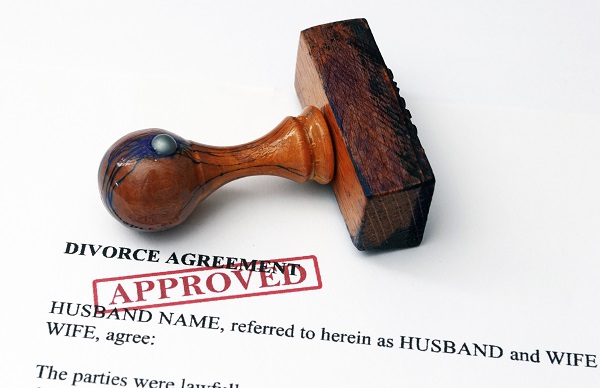Jack and Diane’s marriage lasted much longer than the average marriage. But after 32 years, they decided to call it quits. They knew their adult children would be fine, but really had no idea how their long-term marriage would affect their divorce settlement.
Divorce Settlements, in General.
The parties to a divorce agree on a divorce settlement, or the court irons out the details for them. Typically, such settlements include custody and visitation agreements, child support, division of assets and debts, and spousal support.
For issues involving children, courts look for an arrangement that best suits the children’s needs.
When it comes to assets and debts, California is a community property state. This means that a couple’s debts and property are generally considered to be owned 50-50, although there are exceptions.
Spousal support is based on factors like:
- The standard of living established during the marriage.
- Whether the supported party contributed to supporting party’s career.
- The supporting spouse’s ability to pay.
- Each spouse’s needs.
- Each spouse’s assets and obligations.
- The duration of marriage.
- Whether supported spouse can work without harming children.
This is not the complete list contained in the California Family Code 4320. However, in this blog, we are looking at how people married for over 10 years fare in a divorce. The length of the marriage is only one factor in negotiating a settlement.
So, What’s Different About Long-Term Marriages?
Marriages that last less than 10 years are generally thought of a short-term when it comes to calculating spousal support. When one spouse needs support from the other, courts often give the needy spouse alimony for one half the duration of the marriage. Importantly, the court orders a time period wherein the court can make further decisions related to alimony. For example, for a marriage of 8 years, the supported spouse might receive alimony for 4 years, but the court retains jurisdiction for only 2.
A supported spouse leaving a long-term marriage may receive support for half the duration of the marriage. Courts tend to be more flexible in longer-lasting marriages. As for jurisdiction, the court can make decisions about alimony for this divorce indefinitely. If the supported spouse becomes ill while receiving support, the court could order additional support after taking all factors into consideration.
Years Can Make a Difference.
If you’re facing divorce, how long you remained married influences your divorce settlement. However, courts are not required to abide by a 10-year rule. It’s just a very common measurement. It’s best to speak with an attorney to make sure you receive everything to which you are entitled.
Judy Burger is a California Certified Family Law Specialist, and founder of the Law Offices of Judy L. Burger. Please call our offices at 415-293-8314 to set up an appointment with one of our attorneys. We assist clients along the Northern to Central California Coast.











